by Charlotte Jun 22,2025
We're used to upgrading our technology every few years—whether it's the latest smartphone, a sluggish processor, or a graphics card that can't keep up with modern games. Often, old hardware gets resold or tossed aside without a second thought.
Yet, despite their age, many outdated devices continue to function—and in some cases, they’re still essential. Here are eight fascinating examples of how vintage technology remains surprisingly relevant in today’s world.
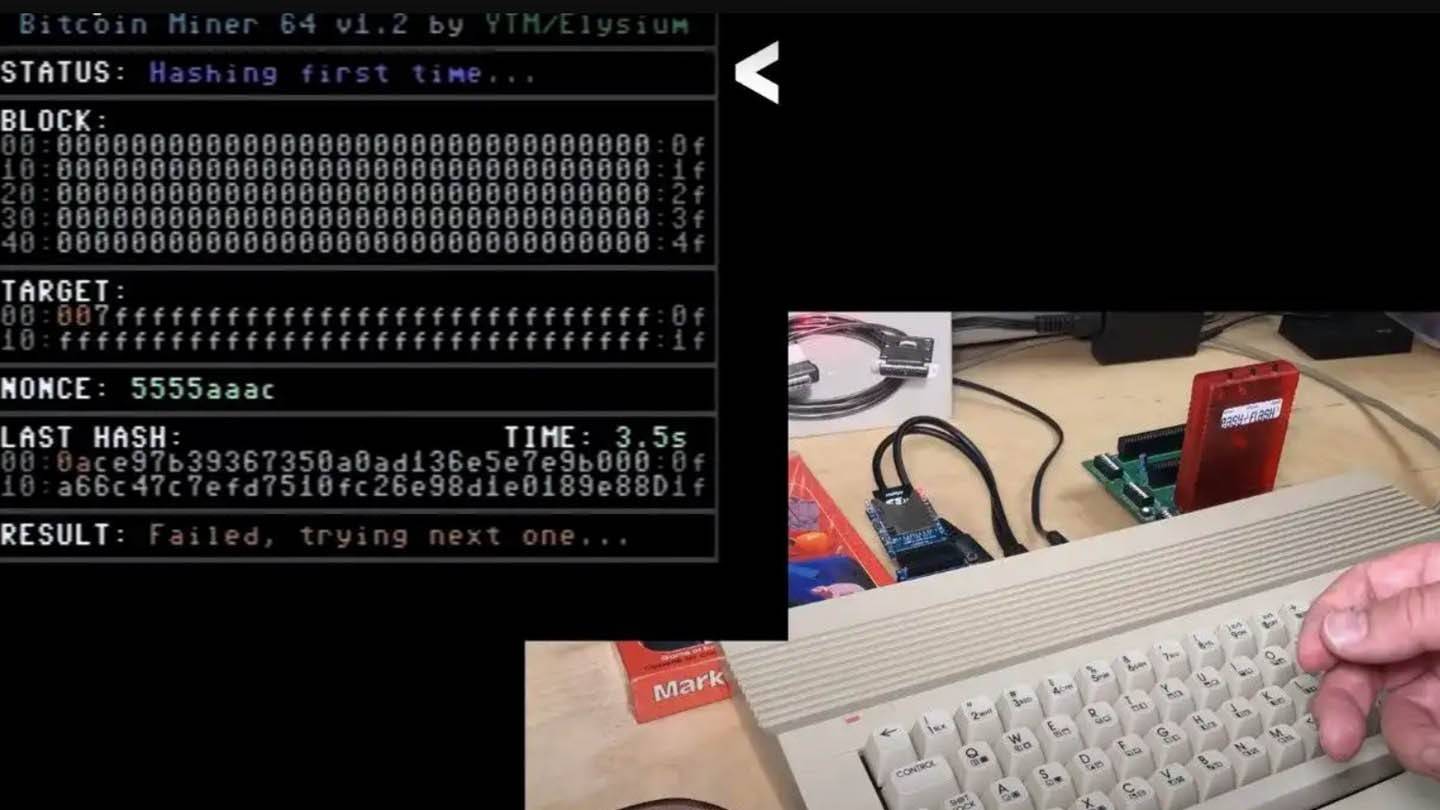
Believe it or not, retro computers have been used to mine Bitcoin—even though their performance is laughably slow by today's standards. Take the Commodore 64 from 1982, which managed only 0.3 hashes per second thanks to its 8-bit, 1 MHz processor. For comparison, an RTX 3080 GPU delivers around 100 million hashes per second. At the C64’s speed, mining one Bitcoin would take approximately a billion years.
Another experiment came from YouTuber stacksmashing, who connected a Nintendo Game Boy (1989) to the internet using a Raspberry Pi Pico microcontroller. The Game Boy processed at about 0.8 hashes per second—slightly faster than the C64 but still roughly 125 trillion times slower than modern ASIC miners. In other words, mining one Bitcoin on the Game Boy would take longer than the universe has existed.
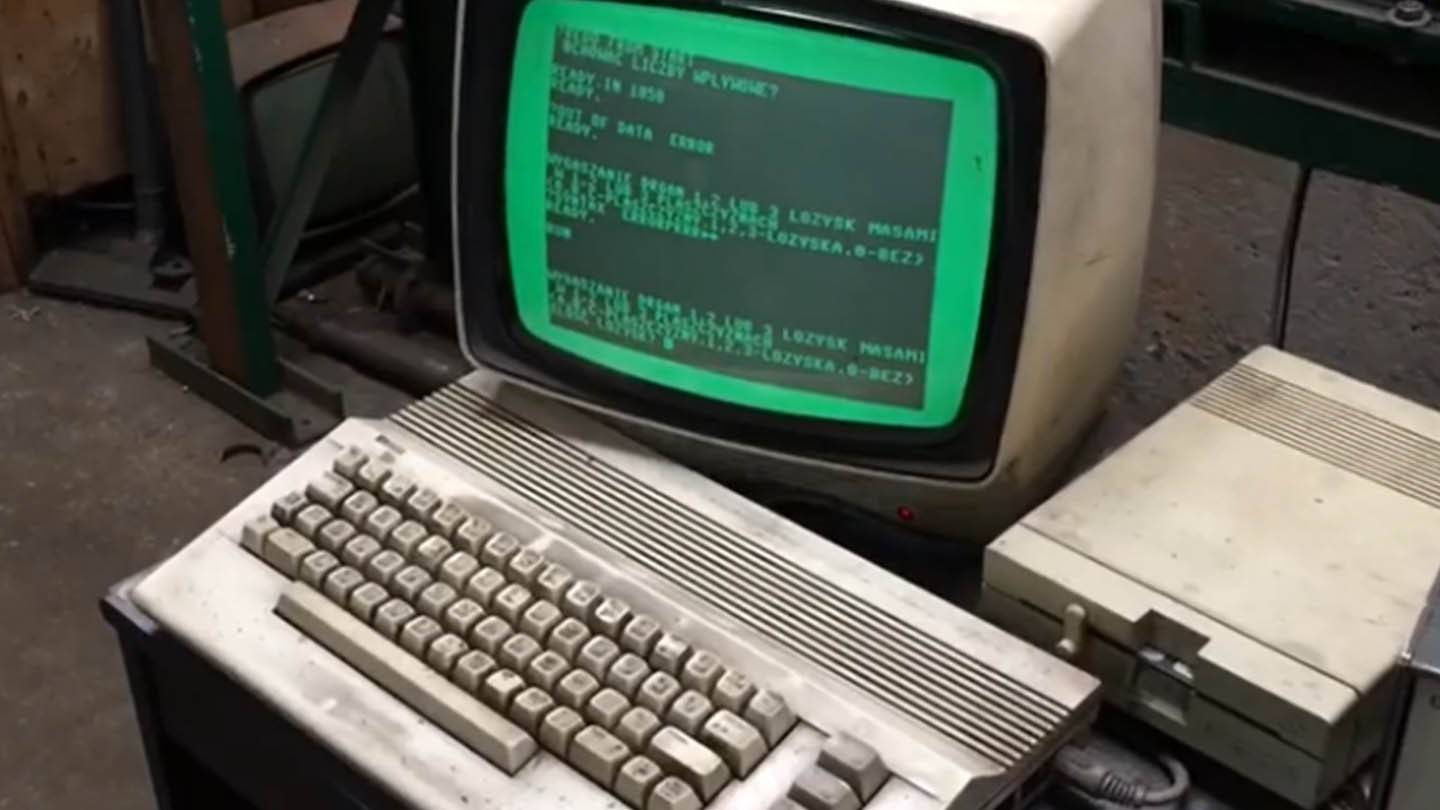
In Gdansk, Poland, a trusty Commodore 64C has been helping mechanics since the 1980s. Despite surviving a major flood, the machine continues to calculate drive shaft specifications flawlessly. With just a 1 MHz CPU and 64 KB of RAM, this ancient computer runs custom-developed software without a hitch, proving that durability often trumps raw power.
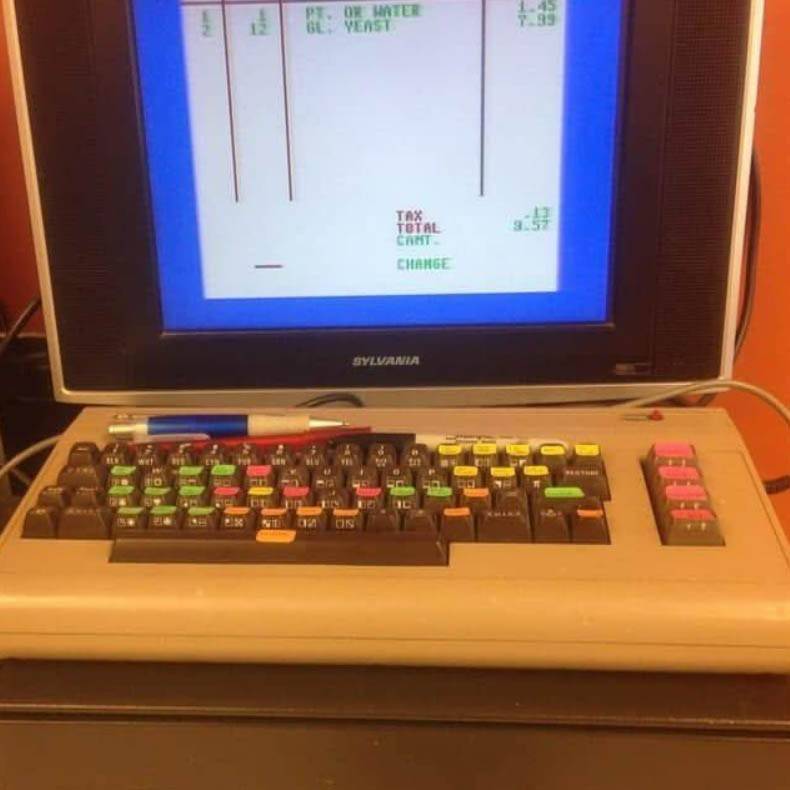
An Indiana bakery has been using a Commodore 64 as a point-of-sale system since the 1980s. Nicknamed the “breadbox,” the machine functions as a cash register and inventory tracker. Unlike modern systems that frequently require updates or crash unexpectedly, the C64 has remained reliable—only needing updated keyboard labels to reflect current baked goods.
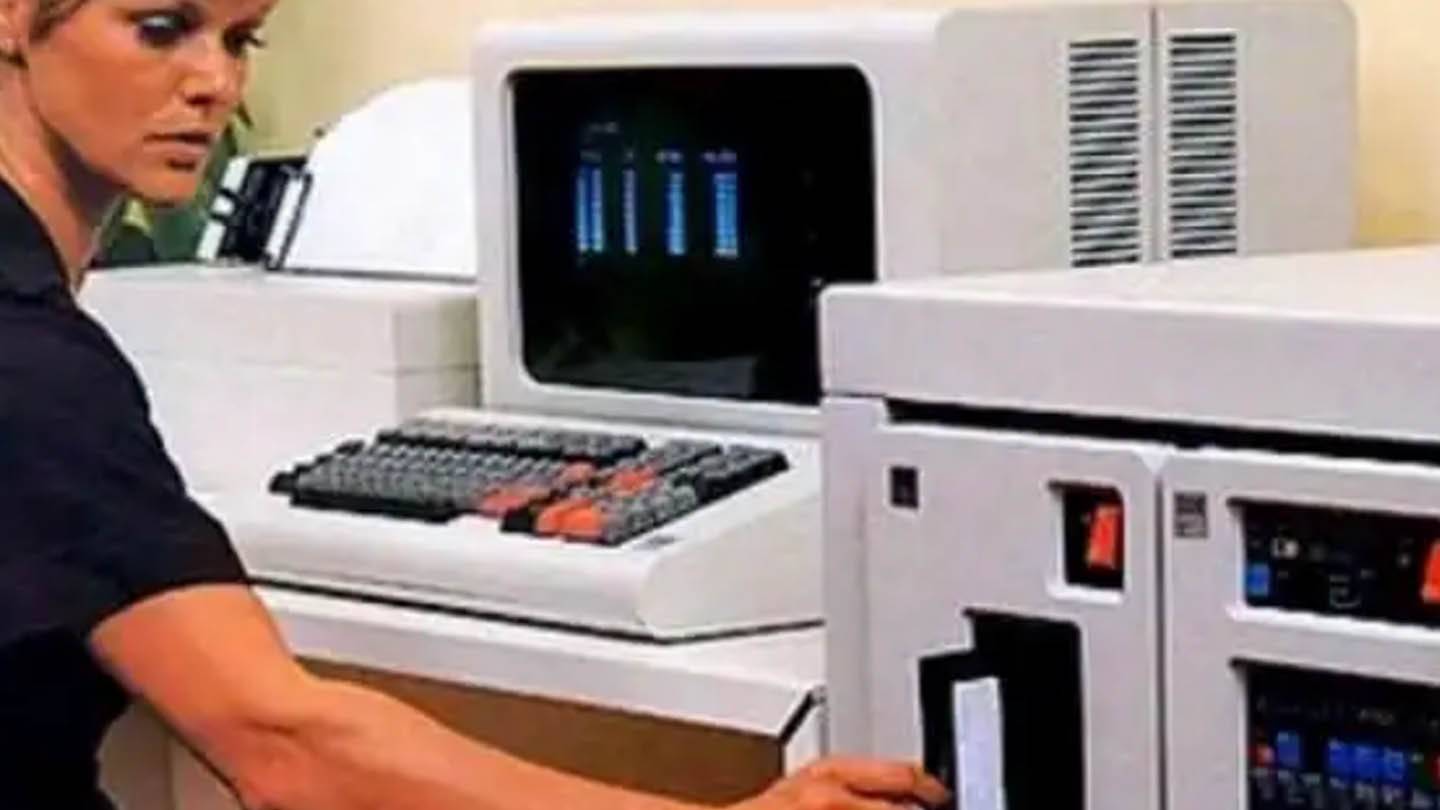
The United States nuclear arsenal was once controlled using an IBM Series/1 computer from 1976, which relied on 8-inch floppy disks capable of storing just 80 KB of data—less than a typical text message. While upgrades are underway, the legacy system endured due to its proven reliability.
Germany’s naval fleet also uses 8-inch floppy disks aboard its Brandenburg-class frigates. Although built in the 1990s with advanced weaponry, these ships still rely on decades-old storage tech. Efforts to modernize include installing floppy disk emulators, though nostalgia and familiarity keep the original system alive.

The British aircraft carrier HMS Queen Elizabeth, valued at billions of dollars, originally operated on Windows XP—an operating system that Microsoft stopped supporting in 2014. While the Royal Navy claims robust security measures are in place, reliance on such outdated software raises concerns.
Similarly, the UK’s Vanguard-class submarines Victorious, Vigilant, and Vengeance use Windows XP for managing intercontinental ballistic missiles. These systems remain offline for security reasons, with no plans for an update until 2028.
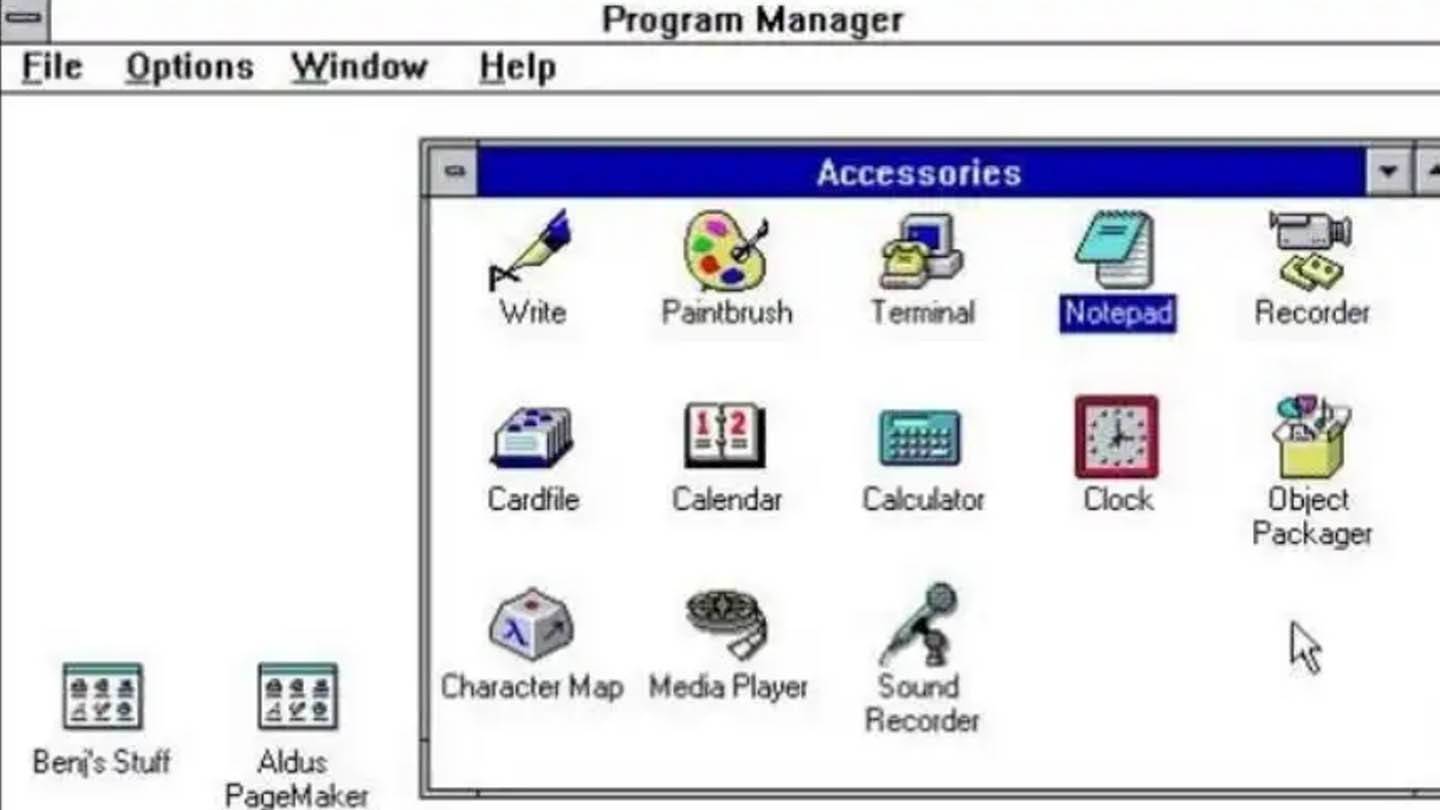
In 2015, Paris Orly Airport faced operational disruptions when a computer running Windows 3.1—a system from 1992—crashed. The DECOR software, responsible for delivering weather data to pilots, failed, forcing flight suspensions. Some joked the machine had simply asked for a Windows 95 upgrade.
Beyond practical applications, classic hardware plays a role in scientific research and education. Retro systems like the Commodore 64 are often repurposed in classrooms to teach programming fundamentals or simulate basic physics experiments. Their simplicity makes them ideal for understanding core computing concepts without modern complexity.
Sometimes, legacy systems persist not because they're the best option, but because people are used to them. Whether it's compatibility concerns, budget constraints, or sentimental value, organizations often choose to maintain old systems rather than invest in costly replacements.
These examples highlight how outdated technology continues to play vital roles across industries—from gaming consoles mining cryptocurrency to decades-old computers managing national defense systems. While eventually these relics will be replaced, their continued use proves that sometimes, older truly is more reliable.
Mobile Legends: January 2025 Redeem Codes Released
Pokemon TCG Pocket: Paralyzed, Explained (& All Cards with ‘Paralyze’ Ability)
Android Action-Defense
Brutal Hack And Slash Platformer Blasphemous Is Coming To Mobile, Pre-Registration Now Live
Pokémon TCG Pocket Is Dropping a Trade Feature and Space-Time Smackdown Expansion Soon
Mythical Island Debuts in Pokemon TCG, Time Revealed
GWENT: Top 5 Decks for 2025 - Strategies Revealed
Marvel Rivals Showcases New Midtown Map

Lucky Lady's Charm Deluxe Slot
Download
Vô Cực Đại Chiến
Download
Lunch with Ronan mod
Download
Diamond Deluxe Casino - Free Slot Machines
Download
Shopping Mall 3D Mod
Download
Priya’s Awakening
Download
Flight Pilot: 3D Simulator
Download
Flight Pilot: 3D Simulator
Download
L.A. Story - Life Simulator
Download